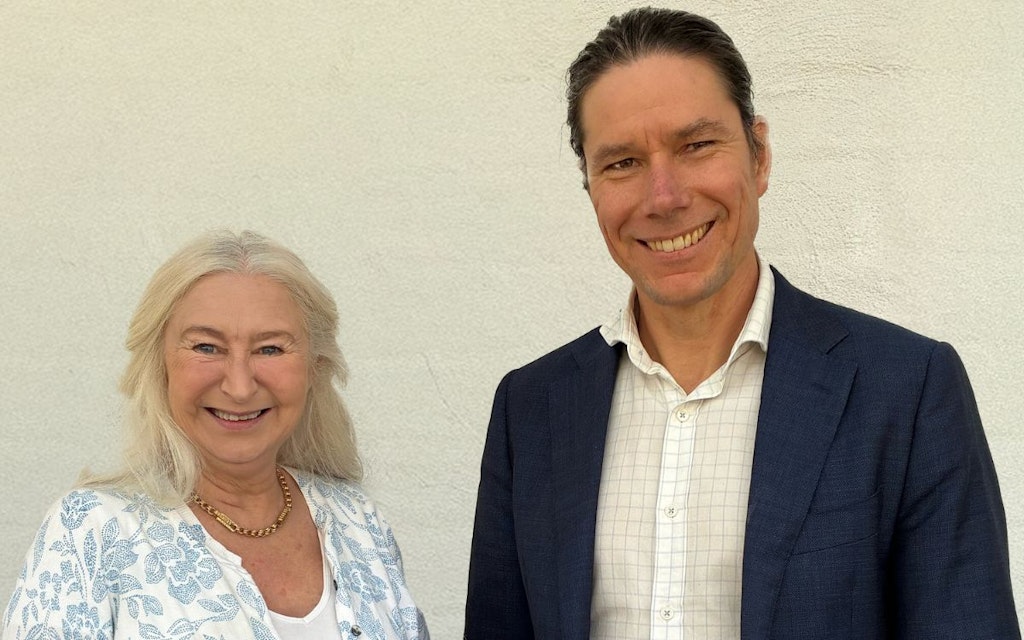UNSW project puts people with dementia at the centre of aged care reform
Last updated on 26 August 2025

When Theresa Flavin first stepped into advocacy for dementia and aged care, she noticed a pattern that was as troubling as it was familiar.
“In research, older people and those with dementia were kept at arm’s length,” she recalls. “It felt like the system was built around us, not for us.”
Diagnosed with younger onset dementia, Ms Flavin is now using her lived experience to change that. She is a Lived Experience Dementia Consultant on a new UNSW Sydney project that aims to help providers meet requirements under the incoming Aged Care Act and Strengthened Quality Standards, due to take effect in November 2025.
The reforms introduce stronger protections and a new statement of rights for older Australians, covering independence, choice, quality care, privacy, and social connection. They also bring tougher penalties for providers who fall short, alongside whistleblower safeguards for those who speak out.
“Moving an aged care sector that provides care for 1.3 million people to a rights-based model is a big task,” says project lead Dr Craig Sinclair from the UNSW School of Psychology. “We’re shifting from a risk-averse, substitute decision-making model to supported decision-making, where people should be assisted and guided, not overridden.”
Co-design sits at the heart of the initiative. Unlike traditional approaches that rely on consultation with professionals or peak bodies, this project works directly with people who use aged care.
“True co-design means working with the end users,” Ms Flavin says. “Many projects miss this, consulting stakeholders who aren’t the actual users. A lot of the time, the words of the person with dementia are treated as a superficial add on. I think it’s deeply, deeply unfair to just mine us and discard us. Our society is already doing that, and social science needs to lift their game.”
As chief investigator, Ms Flavin will co-lead a working group of people with lived experience of dementia and aged care services. Their role is to ensure the training and tools being developed genuinely reflect the needs and rights of older people.
“This group is our laboratory,” says Dr Sinclair. “Theresa and the working group hold us accountable, ensuring our work is genuinely shaped by people with lived experiences.”
The training will focus on staff who support people living with dementia and other acquired disabilities in aged care settings. For Ms Flavin, this knowledge-sharing has ripple effects far beyond the workforce.
“Families will realise they can’t just make decisions for their parents. That’s a tremendous change.”
Australia’s move towards supported decision-making follows a broader global shift. The United Nations is exploring a Convention on the Rights of Older People, a recognition that ageing does not diminish human rights.
“We’re anticipating this change,” says Ms Flavin. “We’re bringing the human rights of older people to the attention of providers and the people themselves. You can’t claim a right you don’t know you have.”
The UNSW project is still in its early rollout phase, with training resources set to be trialled with partner organisations. For Ms Flavin, the aim is simple yet profound.
“This is about the difference between suppression and support,” she says. “Support means seeing the person, not the diagnosis. Rights don’t disappear with age or illness.”